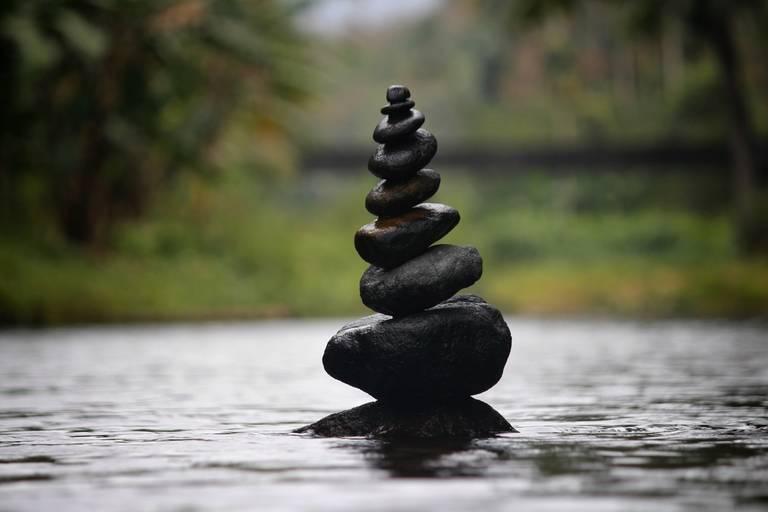
By Katherine Trebeck
Eight men control as much wealth as the poorest half of the world’s population, while 1 in 9 people go to bed hungry and others see their living standards stagnate. As the richest 10 percent of people create almost 50 percent of the world's carbon emissions, we are facing the sixth mass extinction and dangerous climate change.
These statistics illustrate the profound unfairness generated by economic systems geared up to increase GDP and by those businesses that are geared up to maximize short-term returns to shareholders.
In the past, growth delivered benefits when it was used well – and for the very poorest, ‘more’ is certainly necessary. But there are increasing signs that many GDP-rich countries are entering a time when the benefits from economic growth are tailing off. The CEO of Ikea has even spoken of ‘peak curtain’ – a satiation in the West of, in this case, home furnishings. Less flippantly, we see that there are diminishing returns in terms of social progress from increases in per capita GDP.
Worse than that, pursuit of growth risks doing great harm. A considerable proportion of current spending, whether as individuals or collectively via the state, is ultimately driven by a failure to enable people to flourish. When the nature of the economic model doesn’t deliver security or meaning, or when it causes anxiety and precariousness, demand for certain services rises.
One only needs to think of the many treatments people seek for stress or the support (for example at hospitals) for those who have sought consolation via drugs and alcohol. Think also of welfare payments (if they are lucky) for those cast aside by businesses intent on downsizing their labour force in pursuit of profits or flood defenses and insurance payouts (if they are lucky) for those impacted by an economy that doesn’t respect planetary boundaries.
Growth built on such foundations is 'uneconomic.' As JK Galbraith once warned, "One cannot defend production as satisfying wants if that production creates the wants."
A more human economy
Getting to grips with an alternative to this reality is urgent: The incessant pursuit of more in the GDP-rich world is endangering the ability of people around the world to increase their living standards; to move out of poverty, and destroying our collective resource base. Many in the poorest countries will continue to be shut out if those that industrialized first leave nothing for them.
Wouldn’t it be a tragedy if, in the rush for more – more GDP, more profits, more stuff – people and governments didn’t recognize that the GDP-rich world has sufficient material and monetary resources?
The challenge of today is not one of global scarcity, but an inability to appreciate and share the resources that exist within and between countries. The very purpose of the economy must shift; it is time to make ourselves at home in a world that has enough.
Making ourselves at home means getting things right for people in the first place, rather than having to constantly repair the damage created by an economy set on growth at all costs (a highly inefficient and politically fraught approach to delivering good lives sustainably). This means applying measures and goals that align institutions and businesses with the needs of people and planet. Making ourselves at home is about initiating virtuous cycles and ensuring wealth is shared and sustains our resource base.
These virtuous cycles form the basis of a human economy, one that works for people and planet.
Image credit: Pexels
Katherine Trebeck is Senior Researcher for Oxfam GB where she is exploring steps towards a ‘new economic paradigm’. She will be one of the key speakers of the New Economy and Social Innovation Forum - Discounts available until 28th Feb! NESI Forum is a non-profit initiative will bring together the main actors of change and opinion leaders to think, talk and lay the foundations of a new economy, more sustainable, social, based on values and aimed at the common good, in Malaga (Spain), on 19th-22th April, 2016.
TriplePundit has published articles from over 1000 contributors. If you'd like to be a guest author, please get in touch!














